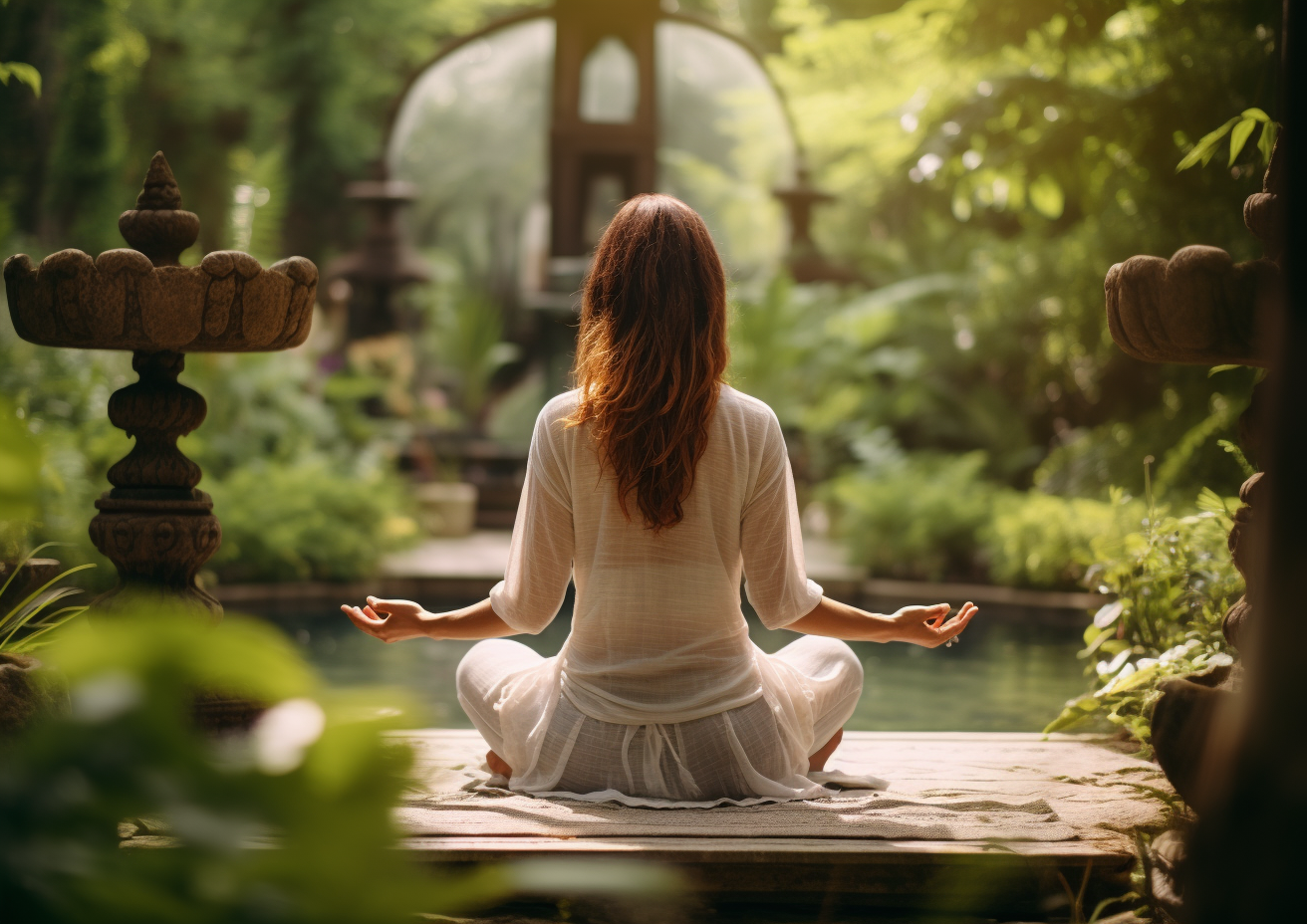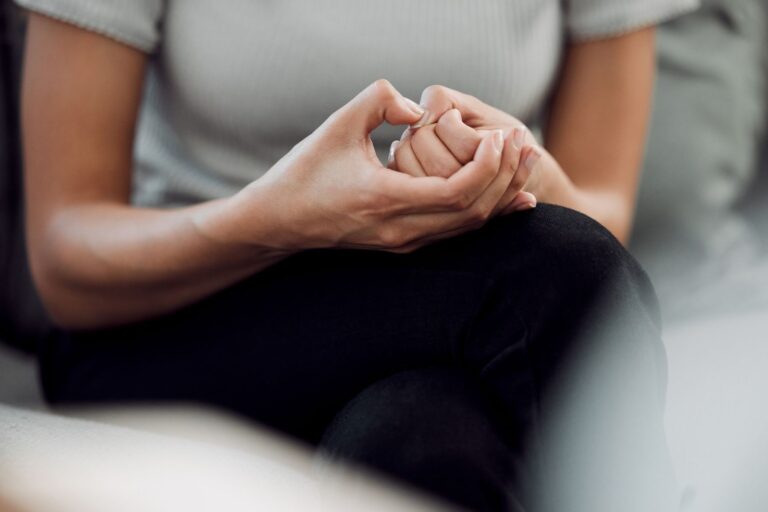Calm the Chaos: 6 Actionable Strategies for Taming Anxiety
Anxiety is a common experience that many of us face in our daily lives. Whether it’s worrying about upcoming deadlines, social situations, or health concerns, anxiety can often feel overwhelming. However, there are effective coping strategies that can help you manage anxiety and regain a sense of control. Let’s explore some actionable techniques for coping with anxiety in your day-to-day life.
1. Practice Deep Breathing
Deep breathing is a simple yet powerful technique for calming anxiety. When you feel anxious, take a moment to focus on your breath. Inhale deeply through your nose, allowing your belly to expand, and exhale slowly through your mouth. Repeat this several times, focusing on the sensation of your breath entering and leaving your body. Deep breathing helps activate the body’s relaxation response, reducing feelings of anxiety and promoting a sense of calm.
2. Challenge Negative Thoughts
Anxiety often stems from negative thoughts and worries about the future. Challenge these thoughts by asking yourself if they are based on facts or irrational fears. Replace negative thoughts with more realistic and balanced perspectives. For example, if you’re worried about an upcoming presentation, remind yourself that it’s normal to feel nervous, but you have prepared and are capable of handling the situation.
3. Practice Mindfulness Meditation
Mindfulness meditation involves bringing your attention to the present moment without judgment. By focusing on your breath, bodily sensations, or the environment around you, you can cultivate a sense of calm and clarity. Set aside a few minutes each day to practice mindfulness meditation, whether it’s sitting quietly, taking a mindful walk, or practicing mindful eating. Over time, mindfulness can help reduce anxiety and improve your overall well-being.
4. Engage in Relaxation Techniques
Incorporate relaxation techniques into your daily routine to help manage anxiety. These may include progressive muscle relaxation, guided imagery, or visualization exercises. Find what works best for you and make it a regular practice. Even just a few minutes of relaxation can help alleviate feelings of tension and stress.
5. Stay Physically Active
Physical activity is not only beneficial for your physical health but also your mental well-being. Engage in regular exercise to release endorphins, the body’s natural stress relievers. Whether it’s going for a walk, practicing yoga, or hitting the gym, find activities that you enjoy and make them a priority. Aim for at least 30 minutes of moderate exercise three or more days of the week to help reduce anxiety and improve your mood.
6. Establish a Routine
Creating a structured daily routine can provide a sense of stability and predictability, which can be especially helpful for managing anxiety. Plan your day with specific times for work, meals, exercise, relaxation, and sleep. Stick to your routine as much as possible, but also be flexible and willing to adapt as needed. Having a sense of order can help reduce feelings of chaos and anxiety.
Managing anxiety in daily life requires a combination of strategies that address both the mind and body. By incorporating deep breathing, challenging negative thoughts, practicing mindfulness, engaging in relaxation techniques, staying active, and establishing a routine, you can effectively cope with anxiety and improve your overall well-being. Remember that it’s okay to seek support from a mental health professional if you’re struggling to manage anxiety on your own. With time and practice, you can learn to navigate life’s challenges with greater resilience and ease.



